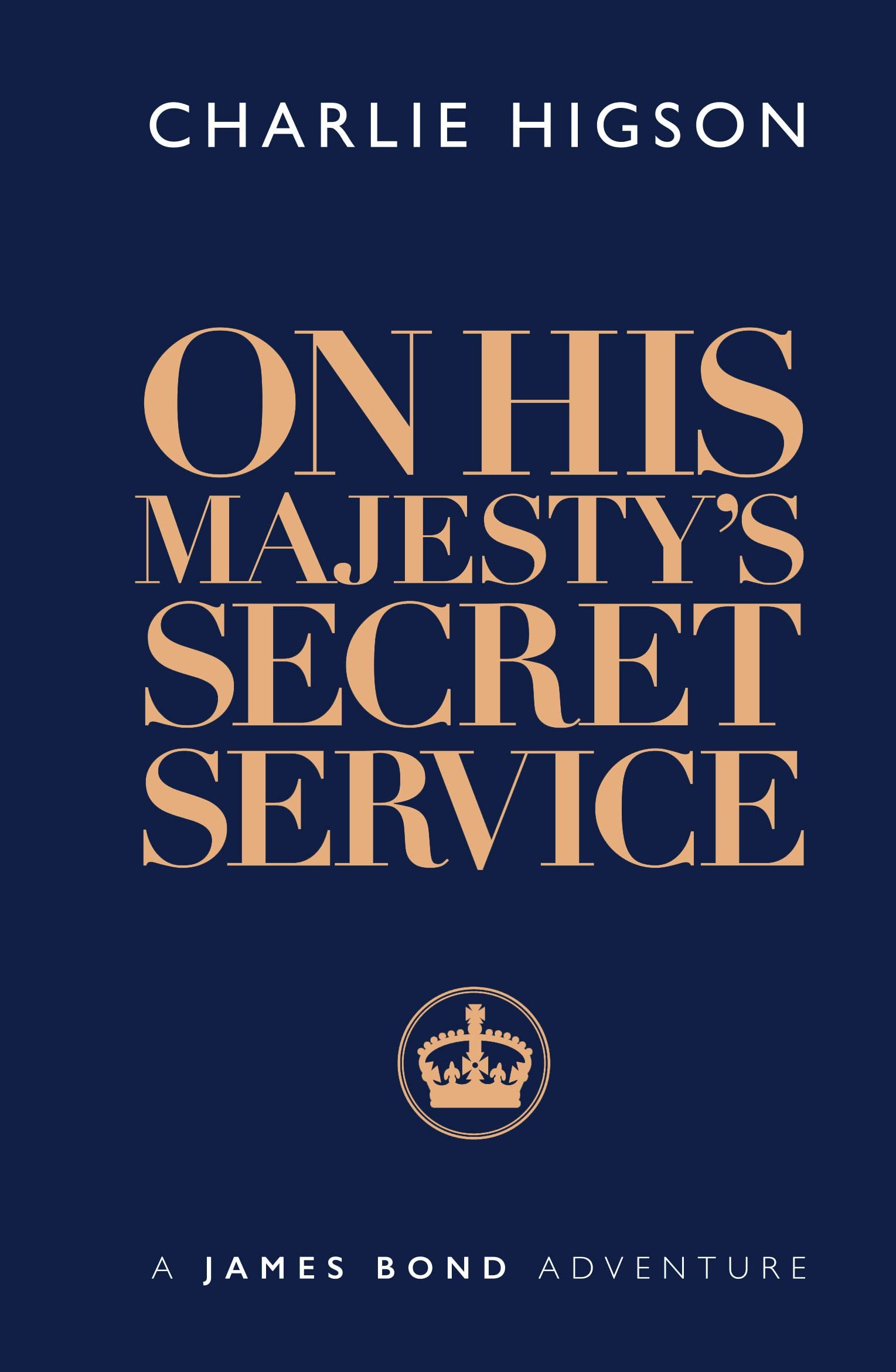Book Review: On His Majesty’s Secret Service by Charlie Higson (no spoilers)
Written in haste so it could be released in advance of the Coronation of King Charles, there were concerns that Higson’s ‘fast show’ of a novel might not manage to keep the Bondian end up. But what could be more appropriate for 007 than a race against time?
“This was stacking up to be one of the more deadly missions M had sent him on. Not least because time was short. There was no room for finesse, for careful plotting, for negotiation. He was a bullet and he’d already been fired from the gun. Nothing could stop him.”
Is this, an excerpt from roughly a third of the way through On His Majesty’s Secret Service, Charlie Higson telling himself to get a wiggle on? Or, perhaps, an apology-in-advance to the reader in case they don’t find the next two thirds to be ‘carefully plotted’?
Much has been made of On His Majesty’s Secret Service being written in a hurry and I was, in truth, expecting a much slimmer volume. But, despite the need to get it written, edited and printed prior to the Coronation, this is a full length Bond novel. It’s also full bore and never for one second boring.
Perhaps we should not have been surprised to discover that the pace of production did not hinder the book’s quality: let’s not forget that Fleming wrote his first drafts in a matter of weeks, not months. And some of the best Bond films have been produced to punishingly tight schedules.
There’s a lot to be said for not overthinking things and getting on with it. In an interview with The Times just days before the book’s publication, Higson himself expressed a preference for a less introspective Bond. Ironically then, Higson provides us with some of the best inward-looking passages in any Bond book. Upon meeting a hired killer to who he takes an instant dislike, Bond reflects: “Was there an element of self-loathing in his distaste…? Were they actually the same?”
Lest anyone use Bond’s introspection as an excuse to start waving the word ‘woke’ around (a term rendered meaningless by merely asking the person wielding it: ‘what do you mean by that?’), we would do best to remember that Bond has always been concerned for the erosion of his soul: it’s there in the second sentence of Casino Royale.
But this is not a mere Fleming pastiche: while Higson’s innovations are not on the scale of Kim Sherwood’s exhilarating reimagining of Bond’s world, there are a lot of ‘modern’ touches to enjoy, especially in the details. Bond launching into a lecture (to himself) about consuming fermented foods (kimchi, kombucha) to maintain his gut health is both startling and soooo Fleming.
Also like Fleming, Higson has a knack for concise imagery, finding the mot juste to convey a lot in the shortest possible space. No doubt his deadline played a role here: his Young Bond books, ironically, use far more words to convey character and setting. Here he is more direct. And some of his observations have the perfect precision of a comedian: a ridiculously hench henchman has a six pack “ridged like a Toblerone”. After arriving at a key location, Bond is delighted to find that the city’s relatively low-rise skyline is “not blighted by d*ck-waving skyscrapers”.
In Higson’s Bond world, hubris is punished. His targets could not be more apposite for the present day. Bond has no time for anyone straying too far along either end of the political spectrum or those who stir up nationalistic fervour to gain a stranglehold over others. Any fears that this novel may stray into a cloyingly hagiographic treatment of King Charles are assuaged within a couple of paragraphs. Respectful without being reverential, this never strays into jingoistic territory.
Although all Bond stories are mirrors of their periods - I always think of the Bond series as a series of time capsules, or the series as a whole as being like an ice core sample - there has never been an instalment so specifically ‘of its time’ as much as this one. There will, inevitably, be parts which age very quickly, particularly references to contemporary politicians (well, we can but hope that the names of Trump, Orbán, Le Pen, Putin et al fade from history with alacrity). But I think it’s a very likely possibility that we’ll still be reading - and re-reading - this pacey, finessed and carefully plotted Bond book for years to come.
